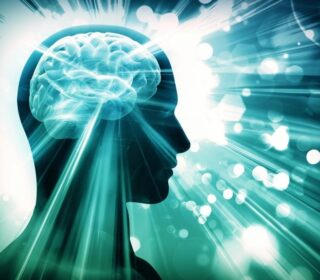Are you struggling with insomnia? You’re not alone. Millions of people worldwide, including military personnel, suffer from sleep disorders. But what if there was a new, non-invasive way to treat insomnia?
The Challenge of Military Sleep
Sleep problems are a top health concern for military personnel, with an estimated 85% meeting the criteria for a clinically relevant sleep disorder. Insomnia is a primary issue for as many as 25% of service members. The impact of sleeplessness on force readiness is profound, creating a critical need for innovative, effective, non-drug interventions.
A Groundbreaking Solution
Researchers at the University of Arizona College of Medicine – Tucson are developing a revolutionary, non-medication approach to combat insomnia. Led by William “Scott” Killgore, the team is using a novel brain stimulation technique that targets specific brain networks.
How it Works
The technique, called transcranial magnetic stimulation (TMS), uses a handheld device to stimulate brain cells with magnetic fields. The device is held against the scalp for less than a minute, delivering rapid, repetitive bursts of magnetic pulses to inhibit brain activity.
Preliminary Success
In a preliminary study, participants showed improvements in sleep after just one session of TMS. The technique targets the default mode network (DMN), a core system in the brain that processes internal thoughts and emotions.
Scaling Up the Research
With a new $3 million grant from the Department of Defense’s Congressionally Directed Medical Research Program, the research team is launching an expanded, three-year study. They will recruit 120 participants with chronic insomnia and assess sleep improvements over several months.
Potential Impacts
This innovative project has the potential to make a significant impact on the lives of military personnel and civilians alike. By developing an effective, non-drug treatment for insomnia, researchers hope to improve sleep quality, reduce the risk of psychological health conditions, and enhance force readiness.
Learn More
Stay up-to-date on the latest developments in this groundbreaking research. Contact us to learn more about this innovative approach to treating insomnia.
















